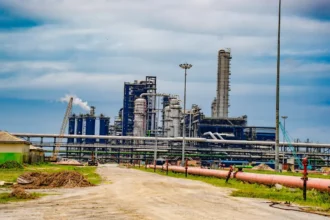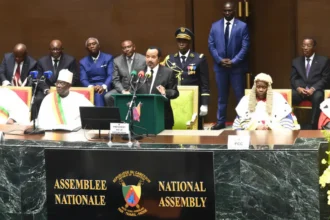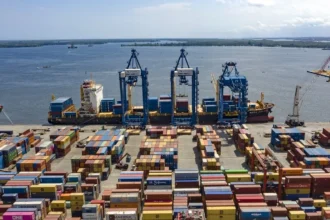The privatization of state-owned companies, supported by a change in the relevant law, is designed to attract local and foreign investors with the skills to manage these companies efficiently. The main aim is to mobilize more private capital to take over from public investment in key sectors, where the state has long been the main player.
Over the past two years, we have carried out a review of government entities that could be privatized to lighten the government’s balance sheet
said President Paul Kagame.
The Agaciro Development Fund, responsible for overseeing state-owned enterprises, is playing a key role in this process.
Stimulating the domestic stock market
This policy is part of a drive to develop the Rwanda Stock Exchange (RSE). In 2024, the RSE performed exceptionally well, with sales of $93 million (129 billion Rwandan francs (Rwf)), an increase of 126% on the previous year. Total market capitalization of listed equities stood at $2.7 billion at the end of the year, while that of debt securities reached $1.5 billion. Funds raised on the market, including bonds and equities, totaled $288 million (Rwf400 billion).
The last quarter of 2024 also saw the issuance of three innovative financial products, such as Prime Energy’s first green bond, worth $6 million (Rwf 9.5 billion), with a seven-year maturity, a corporate bond from Mahwi Grain Millers, for $2 million (Rwf 3 billion) at an interest rate of 15% p.a., and a sustainability bond issued by Banque de Développement du Rwanda (BRD), for $24 million (Rwf 33.5 billion), also with a seven-year maturity.
Persistent challenges despite growth
Despite these advances, Pierre-Célestin Rwabukumba, Managing Director of RSE, acknowledged that secondary market activity remains low compared to advanced stock markets. The main constraints include low financial literacy, modest savings rates and a reluctance on the part of companies to go public. To remedy this, Rwabukumba advocates a policy of encouraging large and public companies to go public. This move, combined with a strengthening of local financial skills, could broaden the pipeline of potential issuers and diversify the financial products available.
Growing investor participation and a brighter future
In 2024, the number of investors on the market rose by 37.5% to 95,672, the majority of whom were nationals (95.7%). This growth reflects increased interest in local financial markets, but also the government’s efforts to promote an investment culture. The privatization of state-owned enterprises and its impact on the capital market represent an opportunity for Rwanda to diversify its economy and attract more foreign investment. By focusing on private-sector-friendly policies and introducing innovative financial products, the country is positioning itself to become a leading player on African financial markets.















